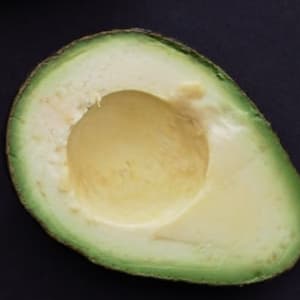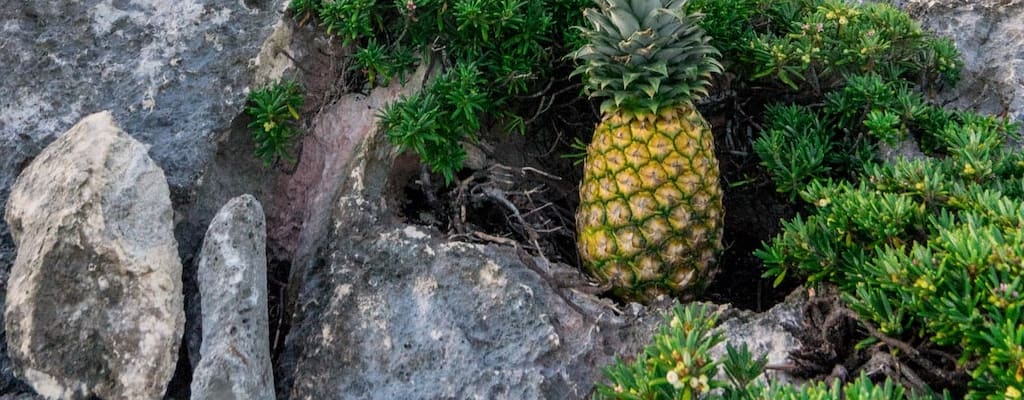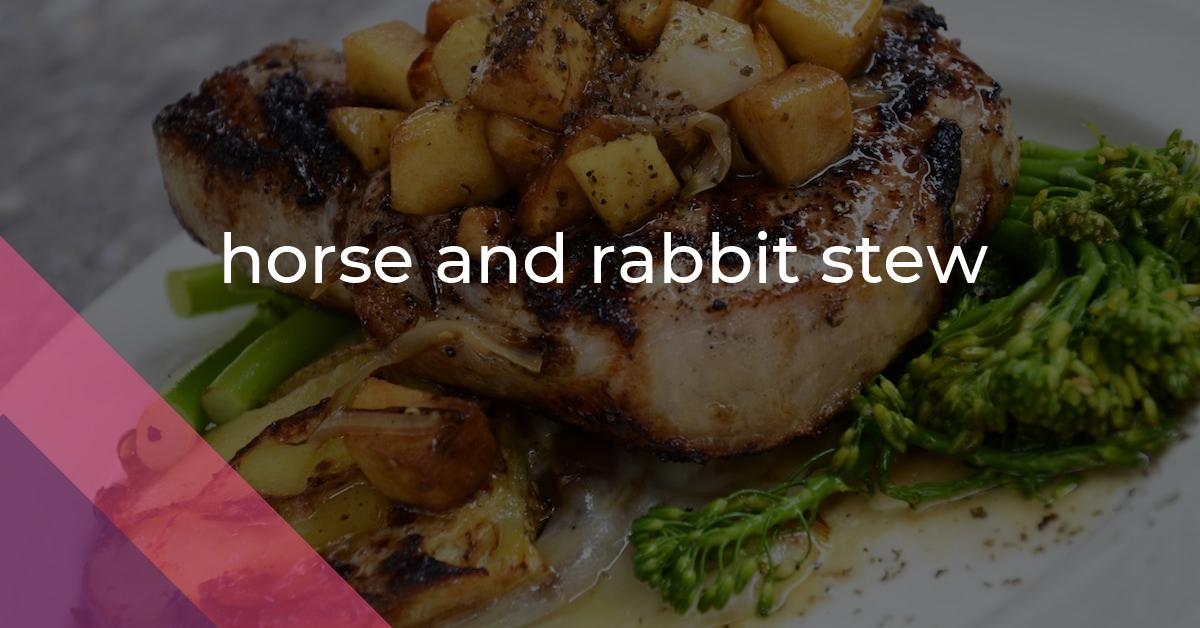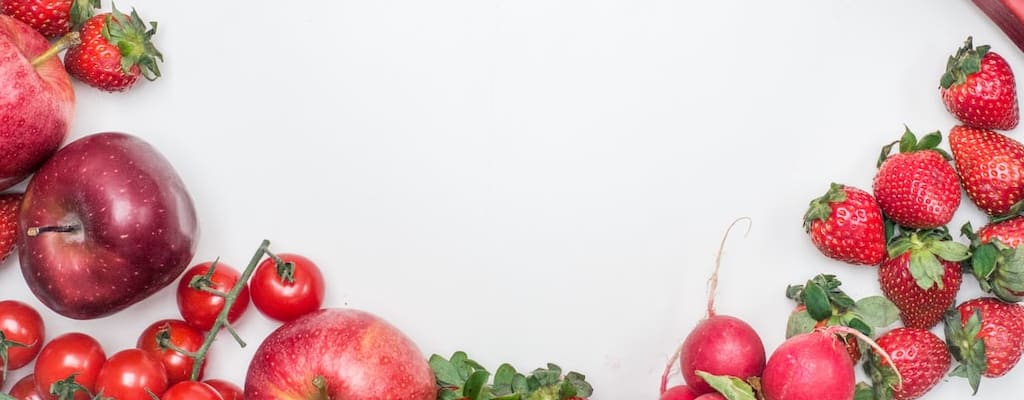horse and rabbit stew: Idiom Meaning and Origin
What does ‘horse and rabbit stew’ mean?
The idiom "horse and rabbit stew" is not a commonly known expression. It does not have a widely accepted meaning or usage. No reliable sources support its existence as an idiom.

Idiom Explorer
The idiom "I could eat a horse" means to be extremely hungry, indicating that one's appetite is so intense that they could consume a large amount of food, even as much as an entire horse.
The idiom "horsetrade" means to bargain or negotiate, especially in a shrewd or calculating manner, in order to achieve a desired outcome. It is often used in the context of making deals or compromises, where both parties seek to gain an advantage.
The idiom "horse's mouth" means getting information directly from the source or from someone who has firsthand knowledge or experience about a particular topic.
The idiom "horses for courses" means that different people or things are suited to different tasks or situations.
The idiom "horse's ass" refers to someone who is foolish, incompetent, or makes a fool of themselves. It is often used to criticize someone's behavior or actions, implying that they are behaving stupidly or in a ridiculous manner.
The idiom "horse of a different color" refers to a situation or topic that is completely distinct or unrelated from the one previously mentioned or discussed. It implies a significant change or shift in focus, often catching people by surprise.
The idiom "horse around" means to engage in playful, often rowdy or foolish behavior. It is used to describe someone who is not taking a situation seriously or wasting time by being silly or disruptive.
The idiom "hold with the hare and run with the hounds" means to support or be loyal to two opposing factions, causes, or groups. It suggests being deceitful or indecisive by trying to please both sides.
Culinary Curiosities
Horse and rabbit stew is an idiom used to describe a chaotic or confusing situation. There are various theories about its origin, but no definitive evidence has been found to support any one of them.
One theory suggests that the idiom may have come from a recipe that combines horse meat and rabbit meat. Horse meat was commonly used in cooking in some cultures, and rabbit meat was a popular ingredient in many recipes. This unlikely combination could have been seen as unusual or unappetizing, giving rise to the idiom.
Another theory proposes that the idiom evolved from the phrase "like a horse and rabbit in a stew," which was used to describe a disorderly or chaotic situation. Over time, the phrase may have been shortened to "horse and rabbit stew." However, there is no concrete evidence to support this theory.
The lack of clear origins hasn't hindered the popularity of this idiom. It is still commonly used today, both informally and formally, to describe complicated, confusing, or difficult-to-understand situations. For instance, someone might say "It's like horse and rabbit stew trying to navigate through all these new regulations."
This idiom has also made appearances in literature and popular culture. In John Updike's book "Rabbit, Run," the character Rabbit constantly tries to escape his chaotic life, which can be seen as a metaphorical representation of being in a horse and rabbit stew.
To further explore the theme of chaos and confusion, let's delve into a few related idioms.
The first related idiom, "horses for courses," refers to the idea that different people or things are suited to different situations or tasks. This phrase emphasizes the importance of tailoring choices to individual needs and preferences. Just as some people prefer horse meat while others enjoy rabbit meat, it's important to recognize that everyone has their own unique taste and suitability in different circumstances.
Another related idiom, "horse of a different color," means that something is different or unrelated to what has been previously discussed. This idiom highlights the idea that not everything is as it seems, and assumptions can often be misleading. In the context of horse and rabbit stew, this idiom could be used to express surprise or confusion when encountering an unexpected twist or turn in a chaotic situation.
Lastly, the idiom "horse around" means to engage in playful or silly behavior. This idiom is often used to describe situations where people are being lighthearted or not taking things seriously. When faced with the chaos of a horse and rabbit stew, it's important to remember to find moments to relax, laugh, and horse around to maintain a sense of balance and sanity.
Horse and rabbit stew is a colorful idiom that describes a chaotic or confusing situation. While its origins remain uncertain, it continues to be used in contemporary language to convey a sense of disorder and complexity. Furthermore, the related idioms "horses for courses," "horse of a different color," and "horse around" add depth and nuance to the understanding of chaos and confusion, emphasizing the importance of adaptability, open-mindedness, and humor when encountering these situations.
Example usage
Examples of how the idiom "horse and rabbit stew" can be used in a sentence:
- She invited her friends over for dinner and surprised them with a pot of horse and rabbit stew.
- The restaurant had an adventurous menu, offering unique dishes like horse and rabbit stew.
- When asked about the strange smell coming from his kitchen, he jokingly replied, "Just cooking up some horse and rabbit stew!"
More "Food" idioms



